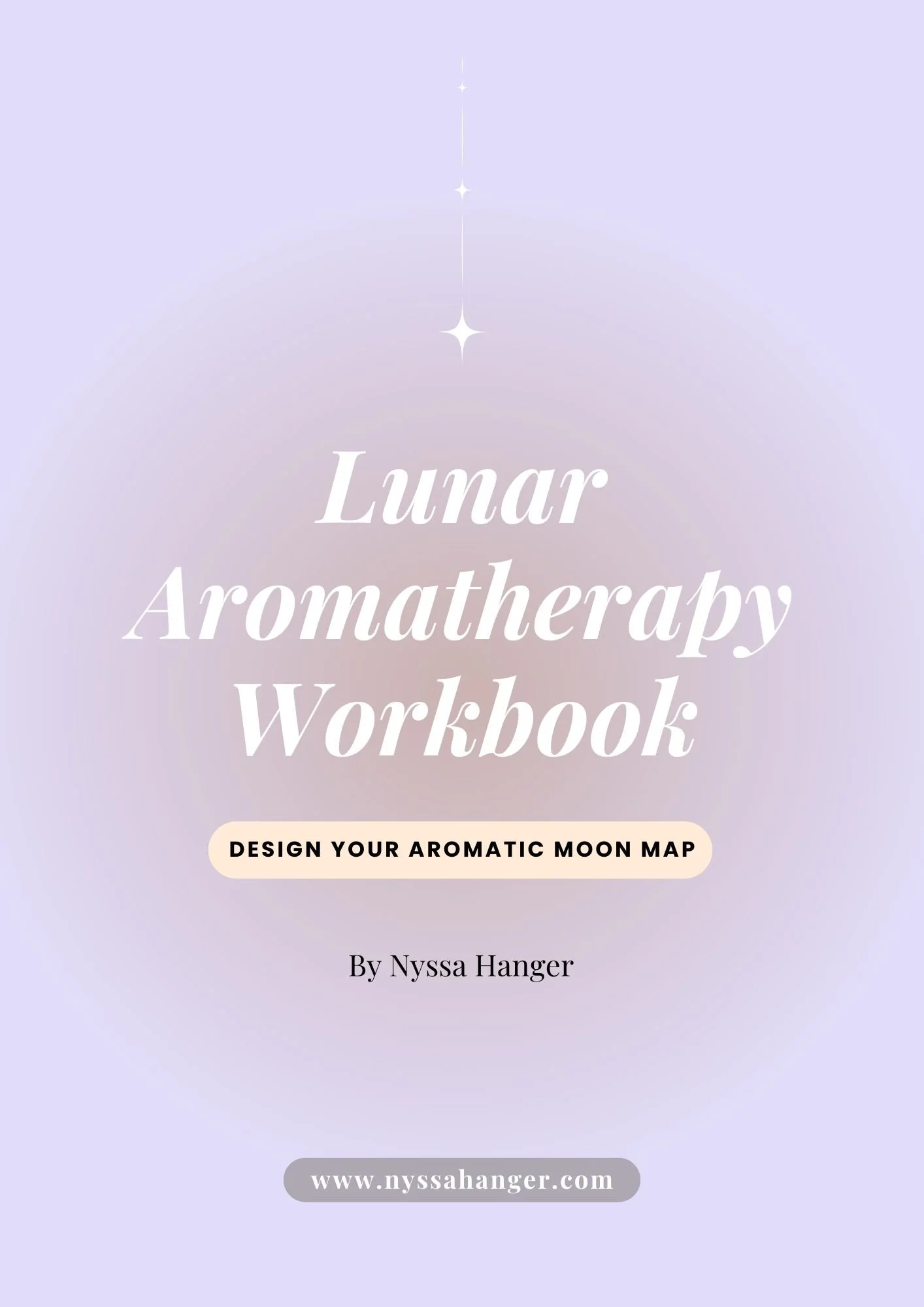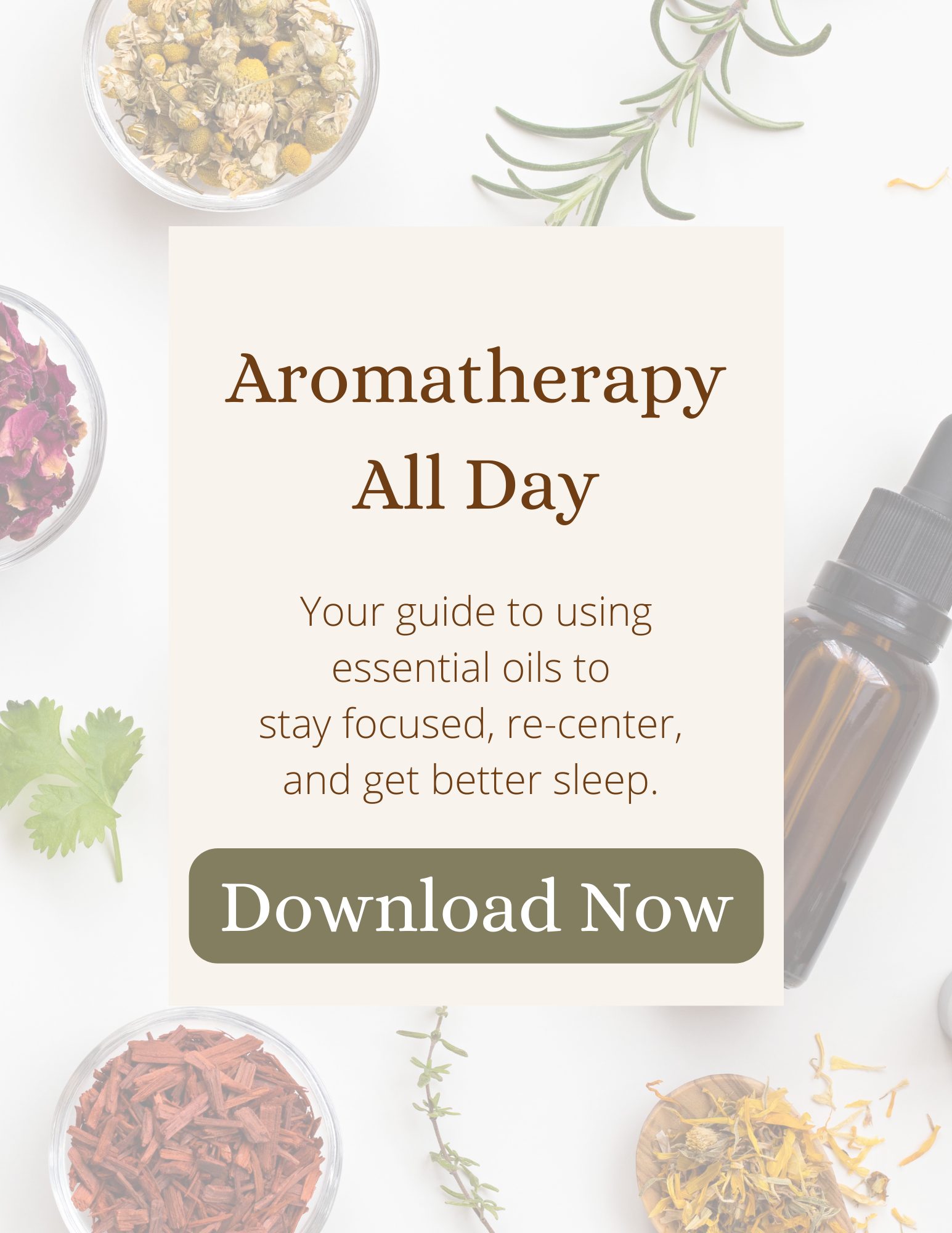Why you didn't do anything wrong
/Have you ever woken up with neck pain and wondered, "Man, I must have slept weird?”
Or maybe you tweaked your back last weekend and thought, "I shouldn't have played that extra game of frisbee golf."
As a massage therapist who’s been practicing for a decade now, I've heard many variations of these statements. Now that I'm dealing with my own car accident injury, I find myself having similar thoughts.
But here's the thing, I don't actually think it's ever one activity that gets us into the situations we’re in. When you stop to think about it, it couldn't be.
All experiences are the accumulation of all of our previous experiences. Especially when we’re talking about the body and pain, we need to remember that the body doesn’t live in a vacuum. Each and every one of our bodies is responding to all the positions, movements, and situations it has lived through our entire lives.
Just the other day, I was working with a client whose neck pain had resurfaced. Instead of feeling it in her shoulders, the tension was pronounced right between her shoulder blades. As she explained the sensation, how it differed from what she normally experiences, and what she did that weekend, I could sense her trying to find the "one thing" that caused it.
It makes sense. If we can isolate the one activity that brought on the pain, then we can potentially fix it and prevent it. But this is only half the truth.
I often find that we become hyper-focused on one thing and forget the role that every other part of our lives plays in how we feel in our body. What we eat, how often we are sedentary (or inactive), and the stress we feel throughout our days all play major roles in how we feel. This is just to name a few.
I bring this up because as I watch clients (and myself) search for answers to problems, I notice that we get seduced by the idea that there’s one right answer.
What if we widened our scope to include more than one right answer? How would our approach to health change if we acknowledged that the ice cream we ate last night might also play a role in how we’re feeling? I'm convinced that many of our issues can stem from long-term sedentary lifestyles. Instead of blaming the movement we did, what if we took pain as a cue that we need to move more and with greater variety?
I mentioned this to my client who was experiencing pain in her upper back. Then she started to wonder, why does our mind want there to be something to blame?
Now this is a question I can answer.
In one of my favorite TED Talks, Jill Bolte Taylor explains how our culture tends to value one side of the brain more than the other—and why this might be our problem.
The logical side of the brain yearns to solve problems. It is our logical brain and is responsible for many wonderful things. The computer I'm working on (and the device you’re reading this on) wouldn't exist if someone didn’t apply their logical brain to build them, for example.
It is also where the voice of the "critic," or the "internal censor" comes from. Those of you who dare to create know this voice well. It's what I always tackle in my writing classes because it’s what keeps us from pursuing creative projects.
But there is a whole side of the brain dedicated to launching us into a creative space where all possibilities exist. Taylor's experience shows us that the creative brain has tremendous value and as far as she is concerned, we don't spend enough time there.
How did she do that? Oh, she just had a stroke, realized she was having one, and watched the experience in real time. She also survived and was able to share her story. No big deal.
Actually, it's such a big deal that this became one of the first viral TED Talks back when we were all still wondering who Ted was and why he was organizing these conferences.
Check it out:
What can you do today to take a little time away from your left brain and become more creative?
Can you gain a wider perspective on your pain to see not one but many factors that could be contributing to it?
Let me know your thoughts by leaving a comment below!
I try to encourage my clients to see all this as an experiment. instead of blaming themselves for one single activity. By taking out the value judgement, we can then just play with variable until we’re getting better results.
Remember, life is one big experiment, and you get to decide what you'll do differently or the same each day. You do have the power to change and heal your life.
Let's take that power and use all of what our beautiful brains have to offer as we figure this whole thing out.






